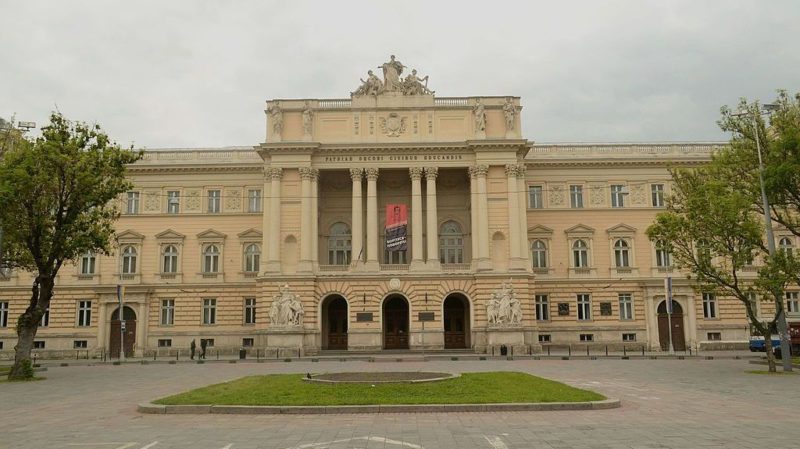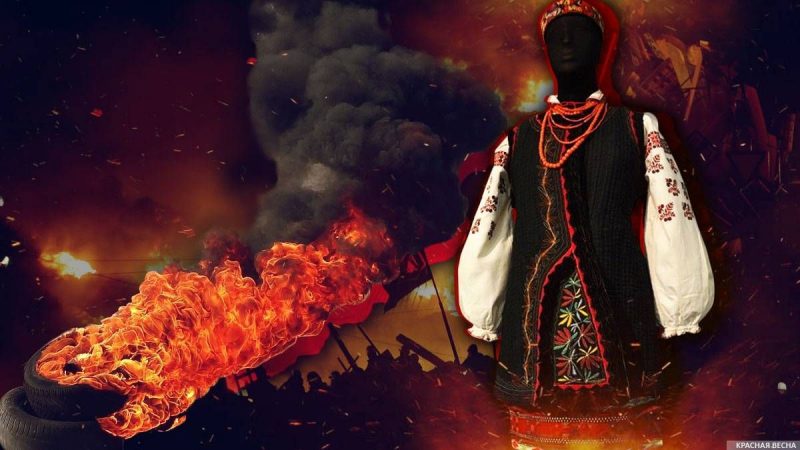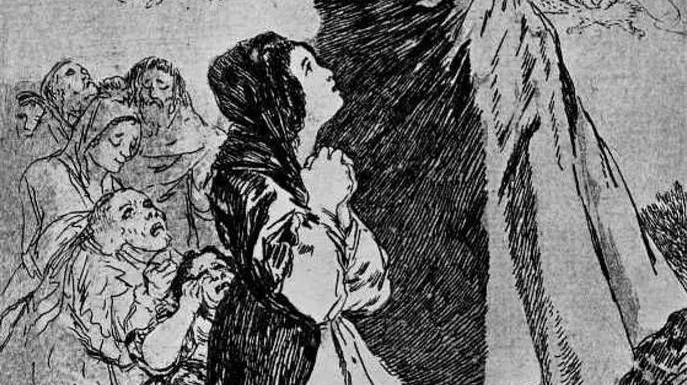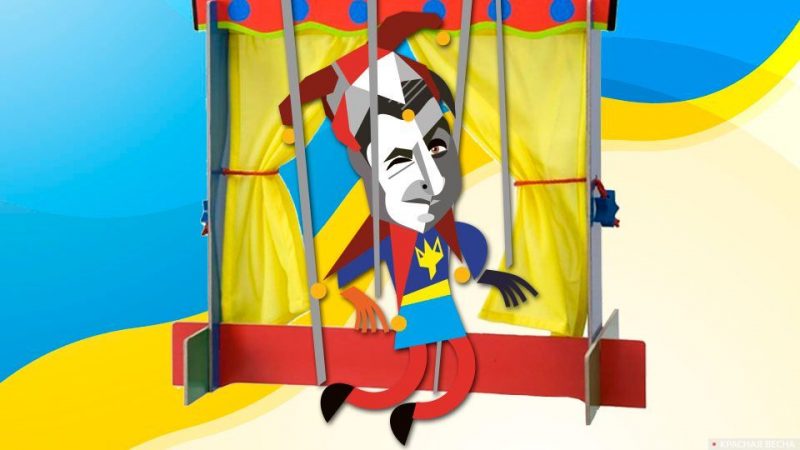13.09.2017, Lvov.
A group of professors of the Lvov University suggested on September 11 that the university should be named after Stepan Bandera, RIA Novosti Ukraina reports citing the university web site.
The initiative was proposed by professors from the History, Museum Studies, and Cultural Heritage departments. They believe that Bandera was “the most prominent Ukrainian historical figure to ever walk the halls of the University” and that he is “a Ukrainian national symbol, a national hero, an example of courage and victory in the struggle for an independent Ukrainian state”.
“A significant argument in favor of naming the Lvovskaya Politekhnika University after Stepan Bandera is the fact that this would promote the ideals of freedom and the self-sacrificial struggle for it in Ukrainian society. This is extremely important today when the war against the Muscovite aggressor continues in the east of our country,” the authors of the idea wrote.
“Finally, naming the University after Bandera would empower the national patriotic upbringing of not only our university students but of all Ukrainian young people, which is critical for defeating the enemy and building a successful Ukraine,” they believe.
“We have a strong belief that the Lvovskaya Politekhnika University should follow the example of the Kiev City Council which, despite a mass outcry among domestic and foreign Ukrainophobes, renamed Moscow avenue in the capital city into Bandera avenue, and Vatutin avenue into Roman Shukhevich avenue,” the authors concluded.
The Lvovskaya Politekhnika National University is the oldest technical university in Ukraine; it was established in 1844. Bandera was a student of the Agricultural Department of this University in 1928-1934. Since 1991, the street where the University’s main building is located is named after Stepan Bandera.
Stepan Bandera was the theoretician of Ukrainian nationalism; he organized a number of terrorist attacks; in the period of the World War II he closely co-operated with Nazi Germany, and he was the leader of the extremist Organization of Ukrainian Nationalists (OUN) banned in Russia. In 1943, the organization’s militants, upon orders by its leaders, committed murders of ethnic Poles. The number of victims of the Volyn massacre is estimated to be between 30 to 100 thousand people.
Source: Rossa Primavera News Agency




